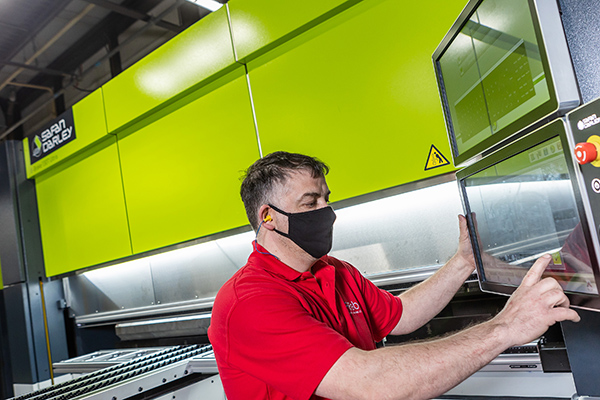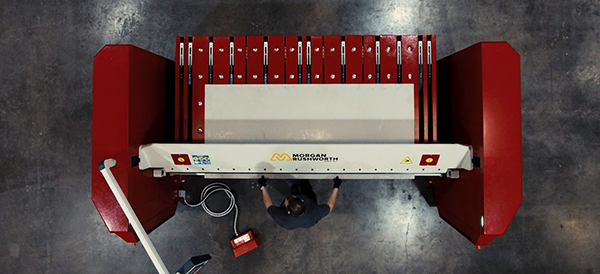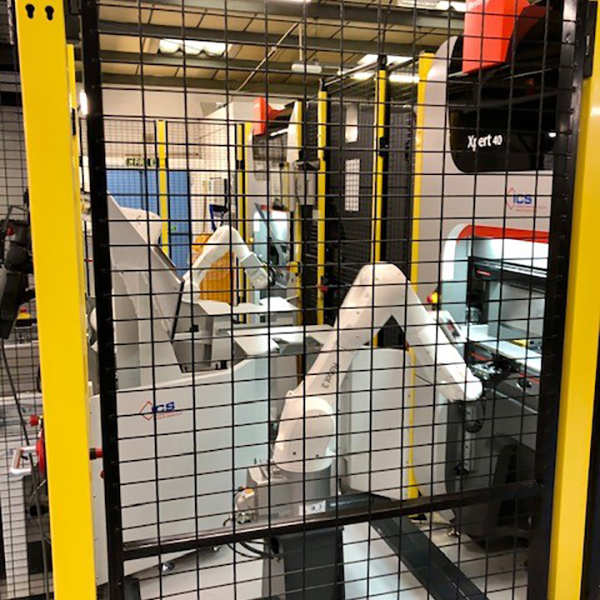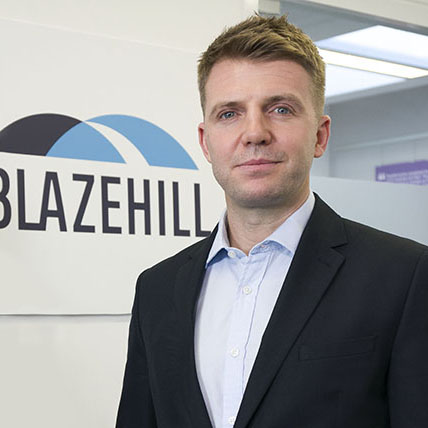
Glenrothes-based precision sheet metalwork manufacturer, Fife Fabrications, has invested a significant six figure sum in new technology as part of its ongoing growth plans. This investment in its fifth E-Brake press brake, the SafanDarley E-Brake 130-3100 Ultra, will further build its capabilities and services to facilitate future growth.
Installed in March 2021, the machine features lifting aids as a safety feature for managing larger panels and a bigger opening height to form taller flanges or parts. Like all E-Brakes, the Ultra will be fully integrated into the company’s ERP system.
Fife Fabrications’ managing director John Penman is pleased to be investing in new equipment to enhance and supplement its precision metalwork technology offering with the addition of the E-brake Ultra.
“Fife Fabrications has always been focused on continual investment in lean technology, people and ordering processes, which means we can provide the lowest possible overall cost to customers,” he says. “The timing of this investment will facilitate many learning opportunities for staff, trainees and apprentices at Fife Fabrications, offering clear benefits to our team, as well as to customers.
“The aim is to further build our capabilities and expertise, and continue providing customer service that is a cut above,” continues Penman. “It also supports our investment in developing young talent to further support the upskilling of young people in Fife. This helps to address the skills gap in our industry and in Fife more generally, as well as creating a pipeline of young talent for our business. Our investment in state-of-the-art technology from SafanDarley, with tooling from Wilson Tool, will ensure our services can move to the next level and increase our capability to design and deliver the highest quality products for customers.”
For further information
www.safandarley.com
























